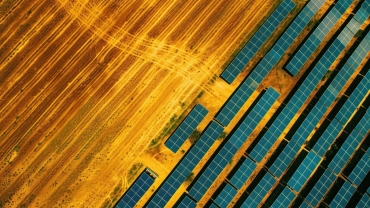As a leading professional services provider, PwC China recognises that business travel, particularly air travel, is a significant contributor to our scope 3 emissions. Therefore, it is important for us to rethink and make changes to more sustainable ways of working and travelling. PwC China joined Asia's first major Corporate Sustainable Aviation Fuel (SAF) Programme with Cathay Pacific in 2023. As one of the first corporate launch customers, we have purchased SAF, made from used cooking oil and animal fat waste, to help stimulate supply and spur the market.
For SAF to play a material role in reducing emissions from air travel in the medium to long term, policy support and the right market conditions are also needed to help scale their usage. In 2024, PwC China, as one of 14 partners, joined the Hong Kong SAF Coalition with the aim of decarbonising the aviation industry. Launched by Business Environment Council, the coalition strives to accelerate the deployment of credible SAF in Hong Kong SAR, contributing to Hong Kong SAR’s low-carbon economy transition and national goal on carbon neutrality. It represents a range of stakeholders across the SAF value chain, including SAF producers and suppliers, technical agencies and the airport regulator, as well as end-users and non-profit organisations.
“The aim of the coalition is to spearhead decarbonisation within the aviation industry and position Hong Kong SAR as a regional and global hub for sustainable aviation fuel. PwC is honoured to work together with our coalition partners, leveraging our expertise to help global efforts to tackle the climate challenge.”
--Douglas Johnson, PwC China Net Zero Business Leader and Climate Risk Leader















